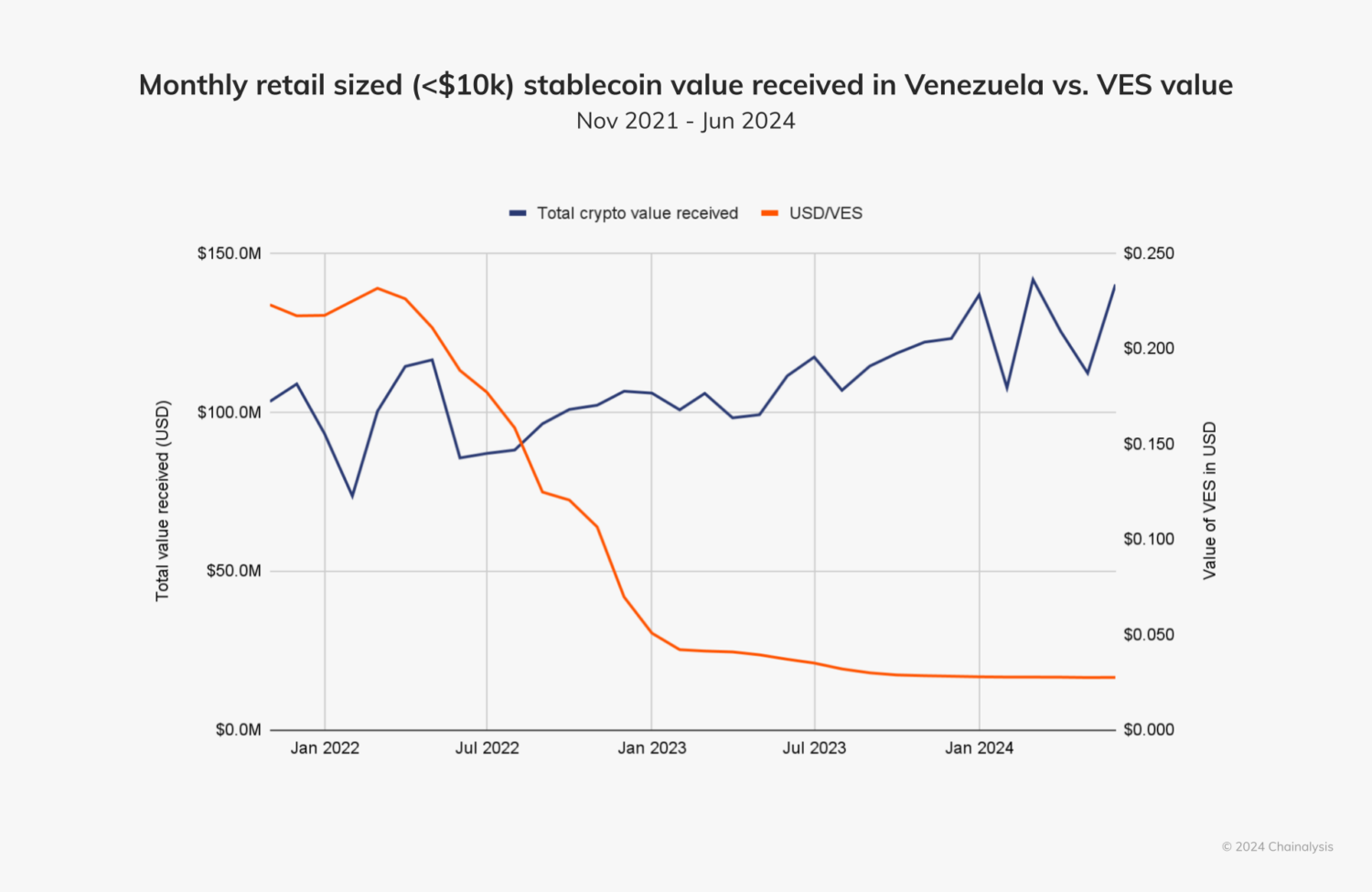Two major companies in the crypto industry, Coinbase, and Cash App, have announced that they will be integrating Jack Dorsey’s Bitcoin self-custody wallet. This partnership is a monumental advance in the widespread use of decentralized finance, giving investors greater discretion over their digital possessions.
The expanding use of self-custody wallets
With more and more people desiring to take complete charge and ownership of their digital assets, self-custody wallets have become increasingly popular. To use a conventional crypto exchange, consumers must place their faith in the platform to safely store their funds. The risk of having one’s cash stolen or lost in the event of a platform failure or hack has led some to question the wisdom of the centralized custody model.
Block (SQ), Jack Dorsey’s FinTech firm, will connect its new Bitkey self-custody bitcoin wallet to Cashapp, its financial services platform, and Coinbase, an exchange for bitcoin and other cryptos. Wallet public beta testing will begin in the following weeks, and a complete global release is planned for later this year, the business announced in a blog post published on Wednesday.
Cashapp is Block’s financial services platform that offers payments, equities, and bitcoin all in one app. At the same time, Coinbase is the largest crypto exchange in the U.S. Users of Bitkey can now use the wallet’s app to purchase and sell bitcoin (BTC) through Cashapp and Coinbase.
The Bitcoin hardware wallet BitKey was created by Block, formerly known as Square, and linked to Jack Dorsey. BitKey was announced previously; however, the wallet is now unavailable to the general public. In the United States, Canada, the United Kingdom, Brazil, Australia, and other worldwide regions, the full suite of Bitkey products is scheduled to debut later this year.
Coinbase and Cash App approve a self-custody wallet
There are several benefits for users when Dorsey’s Bitcoin self-custody wallet is integrated with Coinbase and Cash App. First and foremost, it eliminates the need for a centralized repository for Bitcoin and instead enables users to store their holdings in private wallets. Users can rest easy knowing that they are the sole proprietors of their own money.
Furthermore, this integration is consistent with the decentralization and user autonomy that fuel the Bitcoin movement. Coinbase and Cash App’s self-custody feature promotes a more equitable financial system by making Bitcoin more widely available.
When the wallet is released, customers can purchase Bitcoin through the Cash App and Coinbase.
Our strong belief is that self-custody is the best place to hold and manage your Bitcoin […] If anything goes wrong with a custodial platform, you know that—this industry has had a lot of ups and downs—you’re protected.
Lindsey Grossman, the business lead for Bitkey
BitKey’s external beta testing is currently accepting applications from anyone interested. Grossman didn’t reveal when Block hopes to ship the wallet in the calendar year, but she did say that the business is shooting for sometime this year.
The TBD team, led by Jack Dorsey, introduced a new web5 toolset for developers at the Bitcoin conference in May of 2023
Dorsey, a self-proclaimed “Bitcoin evangelist,” built support for purchasing and selling Bitcoin into Cash App 2018. The corporation, formerly known as Square, announced in 2021 that it would be changing its name to Block to reflect its increased emphasis on Bitcoin and blockchain technology. The payments company announced that the Bitcoin hardware wallet was in development in 2022, and a month later, a developer released photos of the product.
There has been a significant step forward in the widespread acceptance of self-custody wallets, including Jack Dorsey’s Bitcoin self-custody wallet in Coinbase and Cash App. The need for decentralized solutions is expected to rise as more people learn the value of keeping custody of their digital assets.
In addition to advancing the causes of decentralization and user agency in the digital asset arena, this partnership paves the way for future cooperation between crypto exchanges and payment systems.





